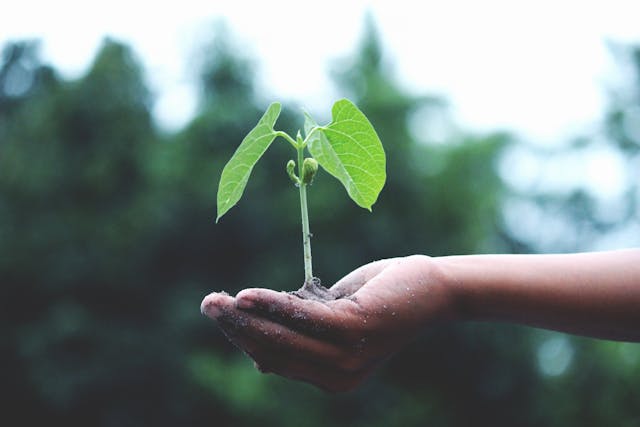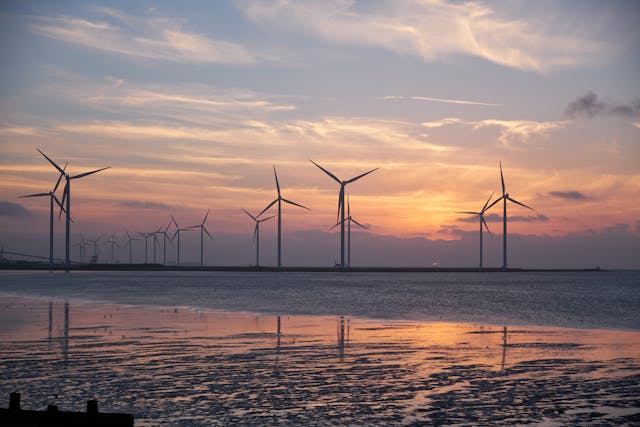Sustainability 101: What It Means and Why It Matters
Sustainability is a word we hear a lot today. But what does it really mean? At its core, sustainability is about living and making choices that meet our needs without harming the ability of future generations to meet theirs. It’s about protecting the environment, supporting communities, and using resources wisely. This article breaks down what sustainability is and why it’s so important for our planet and our future.

What Is Sustainability?
Sustainability means balancing three main areas: the environment, society, and the economy. Sometimes this is called the “three pillars” of sustainability.
- Environmental sustainability focuses on protecting natural resources like water, air, soil, and forests.
- Social sustainability means supporting fair and healthy communities where people have access to basic needs like education, healthcare, and equality.
- Economic sustainability involves using money and resources in ways that support long-term growth without causing harm.
When these three areas work together, we can create a world that is healthy, fair, and prosperous for everyone.
Why Sustainability Matters
Our planet faces many challenges today. Climate change, pollution, loss of wildlife, and resource shortages threaten the well-being of people and ecosystems. Sustainability helps address these problems by encouraging actions that reduce harm and promote renewal.
For example, using renewable energy sources like solar and wind reduces pollution and slows climate change. Conserving water and protecting forests keep ecosystems balanced and healthy. Supporting local communities and fair labor practices improves quality of life and social justice.
How We Can Practice Sustainability Every Day
You don’t have to make huge changes to live more sustainably. Small steps can add up:
- Reduce waste: Recycle, compost, and avoid single-use plastics.
- Save energy: Turn off lights when not needed and use energy-efficient appliances.
- Choose sustainable products: Buy local, organic, or fair-trade items when possible.
- Conserve water: Fix leaks, take shorter showers, and use water wisely.
- Support sustainable businesses: Choose companies that care about the environment and communities.
The Role of Governments and Businesses
Sustainability is also a big-picture effort. Governments create policies that protect natural resources and promote clean energy. Businesses innovate to reduce waste, use greener materials, and support social causes.
Together, individuals, governments, and businesses can make powerful changes that protect the planet.

Final Thoughts
Sustainability is about caring for the world we live in and making sure it stays healthy for future generations. By understanding what it means and why it matters, we can all play a part in creating a more sustainable, just, and vibrant planet.
Every choice counts—start small, stay informed, and inspire others to join the effort.












